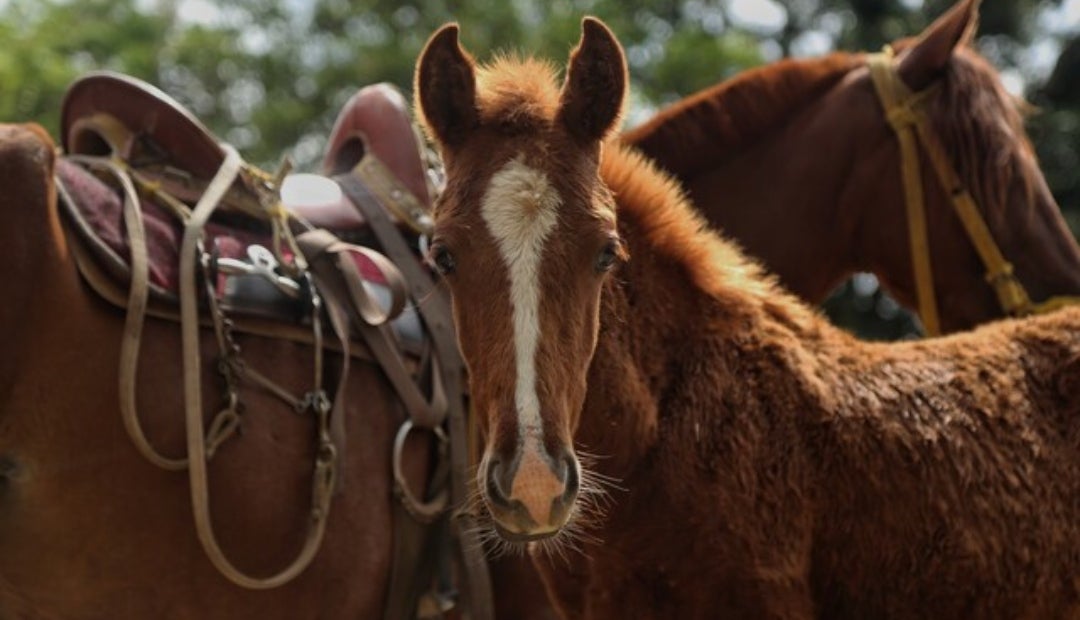Equine skin diseases are more common than you think. There are many diseases, including infectious (viruses, bacteria, and fungi), parasitic (internal and external parasites), allergic (food, insect bites, and contact allergies) or traumatic (blow wounds that may become infected).
According to experts, in many cases, These conditions may lead to more severe symptoms It is for this reason that you must pay very close attention to changes in the animal and address complications immediately. This is why, in addition to being extremely annoying, they can seriously damage a horse’s health and life.
The most important thing to remember is that If you notice any type of variation on your horse’s skin, such as scrapes, sores, scabs, or persistent itching, you should see your veterinarian immediately. A professional will evaluate the animal and indicate the pathology and how it should be treated.
The most common diseases in horses include Scabies, dermatitis, ringworm, as well as tick-borne bacteria and anemia. In many cases, these diseases occur because animals spend time in Wet, dirty, muddy or unsterile environment.
That’s when the horse becomes sick and begins to suffer. If left untreated, the problem can worsen as these complications can lead to other serious illnesses and may even lead to the death of the animal.
these suggestions They are also important for those working in farm stables and for general horse maintenance. If not taken into consideration, they can spread the diseases that the horse has them to other animals.
“There are a number of factors that can affect a horse’s skin if the animal lives on pasture, in a cold or hot climate. An internal and external deworming program must be instituted every three months to control those factors that affect the skin. In the manger, you must bathe regularly to control flies and ticks.. In addition, B vitamins and mineralized salts that repel external parasites should be supplemented. ” said veterinarian Julián Bernardo Rivera Fonseca.
Another tip is to supplement with minerals so that you have healthy, hydrated skin that is less susceptible to parasites. According to Fonseca, In the horse’s habitat, bedding must be kept clean and moisture from feces and urine must be removed.. It is important to disinfect the trough walls with an iodine product.
“It is not recommended to use the same rugs or use the same tools when a horse has fungus.. These items also should not be used with other horses until the fungus has been removed and everything has been thoroughly cleaned and disinfected. ” Luis Guillermo Zapata Cadavid, administrator of La Galería Criadero in Guarne, Antioquia.

